
First appearing on Kanye West’s “Touch The Sky”, which started off his multi-platinum, arguable classic, Late Registration, Chicago’s Lupe Fiasco is the personification of perfect product placement. Next being taken under the wing of Fort Minor frontman, Mike Shinoda, Lupe got his shine on the group’s The Rising Tied LP, as well as the massively distributed We Major mixtape, even sharing mics with Ghostface on “Spraycans and Inkpens”. Now with Jay-Z executive producing his Atlantic debut, Lupe Fiasco’s Food and Liquor, it seems like the young emcee is hanging around in all the right circles. But by now, we all know being friends with these guys doesn’t really mean shit in the grand scheme of things, as we’ve all seen our share of hangers-on who’ve failed to step from the shadows of their successful counterparts. So what’s the deal with Lupe? Is he really talented or just somebody’s lucky cousin?
Once you hear Lupe Fiasco’s Food & Liquor, you quickly begin to realize why all of these artists have been quick to co-sign him. Lupe is making the type of music that each of his major-label mentors are making - or to take it a step further - want to be making. In a BET interview, Lupe revealed that Jay-Z advised him not to “go after radio”, but instead to make the music that was true to himself. That’s exactly what he’s done with this album, and he’s released a near classic debut by doing so.
His first single, “Kick Push”, a heartfelt ode to skateboarding, was not a bait-and-switch, but instead a single that actually was representative of the kind of music listeners would find on the album. The album kicks off with “Real”, an inspiring Soundtrakk produced banger where Lupe lays the foundation for the LP, professing “I gotta give them something real”, as background vocalist Sarah Green layers his vocals with extra flavor. He kicks it up a notch on “Just Might Be Okay”, where he really gets loose with complex wordplay that would make Jay-Z envious, while vocalist Gemini suggests that Lupe might be the nicest emcee to come along a minute. The Neptunes chime in, trading ass-shaking for head-nodding on “I Gotcha”, which bangs with jazzy piano keys and accordion stabs, while Lupe shows off his skill.
But while he catches your attention with these stream-of-consciousness flows, he’s at his best when applying that skill to topical subject matter. The heartfelt “He Say She Say” is backed by vocalists Greene and Gemini again, as Lupe describes the impact of his distant father, from the mirroring perspectives of his mother and himself. He pens a classic hip-hop love song on “Sunshine”, which finds Soundtrakk chopping up samples ala Premier or 9th Wonder, while later showing his love for classic hip-hop itself on “Hurt Me Soul”, over an emotionally charged Needlz beat. The amazing “Daydreamin’” finds Lupe piloting a giant robot, looking down on the city of Chicago and noticing all of the cities ills from a bird’s eye view. Here, Jill Scott assists the folky sampled material for one of the most original hip-hop song concepts of the year.
Closing the album out, he takes “Kick Push” a step further on “Kick Push 2″, a song that examines outgrowing half-pipes and ollies, with powerful strings, light piano keys, and hard-hitting drums. But nothing tops the album’s crown jewel, “American Terrorist”, a politically charged anthem that examines the U.S’s historical mistreatment of Blacks, Chinese, and Indians, with one of the most brilliant crafted hooks of the year. “Don’t give the black man food / give the red man liquor / red man: fool / black man: nigger / give yellow man too / make him railroad builder / also give him pan / make him pull gold from river / give black man crack / glocks and things / give red man craps / slot machines / now bring it back.” Something to think about, huh?
While Lupe Fiasco’s Food and Liquor may be one of those records that eventually matures into a classic, it’s not without its faults that keep it from doing so immediately. While it’s nice to see the industry big dogs have his back, truthfully these are some of the album’s weakest moments. The Mike Shinoda produced “The Instrumental” sticks out like a sore thumb here, not fitting in with the cinematic production styles of all of the other songs on the record. Meanwhile, the Jay-Z assisted “Pressure” sounds like it might have found a better home in 1999. And of course we hate to say it, buuuuuut the leaked advance had some better tracks on it that didn’t find there way here (namely: “Steady Mobbin”, “Lupe The Killer”, and “Glory”).
Regardless, despite these minor faults - ones that are sure to be overlooked or forgotten as time goes on - Lupe has created a contender for major label hip-hop LP of the year with Food and Liquor. While comparisons to Jay-Z or MF Doom might be made, when it comes down to it, his rhyme styles are unlike anyone’s in hip-hop today. Coupled with the fact that - with the exception of Kanye and Pharrell – he used his own team of producers, rather than using the usual “go-to-guys” (Just Blaze, Timbaland, Dr. Dre, Scott Storch), making his LP sound more unique than anything else out there right now. He just might be okay.
Comments
No Comments
Leave a reply
- Raekwon Sets A Release Date For “F.I.L.A.” Album
- BUSH: A Snoop Odyssey Produced By Pharrell Williams [Preview]
- Drake – “If You’re Reading This It’s Too Late” Surprise Album on iTunes Now
- Action Bronson “Mr. Wonderful” Cover Art and Tracklist
- Juicy J “Blue Dream & Lean 2″ Mixtape Cover Art & Release Date Revealed
- MF Grimm “MF Love Songs” Cover Art + Tracklist
- Lord Hakim – “Brass Knucklez” (feat. Vast Aire & Phizz Ed)
- IAMSU! – “Hella Good” (feat. Tyga)
- DJ Kay Slay – “I Declare War” (feat. Styles P, Sheek Louch, Vado, Raekwon, & Rell)
- Maverick Sabre – “We Don’t Wanna Be” (feat. Joey Bada$$)
- Cannibal Ox – “Blade: Art of Ox” (feat. Artifacts & U-God; prod. Black Milk)
- Asher Roth – “Blow Your Head” (prod. Nottz)
- It's Time To Say Goodbye...
Commented on by Yungplex - It's Time To Say Goodbye...
Commented on by geedubbleyoo - Fat Trel - "In My Bag" (feat. Wale)
Commented on by Katae - Kanye West's "Runaway": What Does It All Mean?
Commented on by fidgar - Sole Vs. El-P: Part One - Sole
Commented on by Reno Yakavetta - It's Time To Say Goodbye...
Commented on by Atom
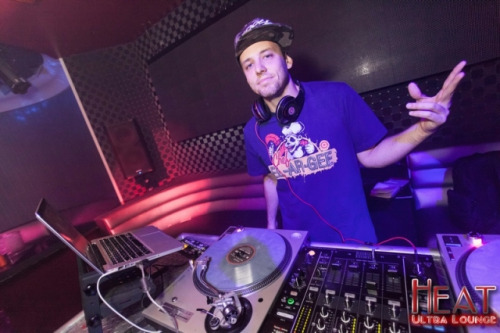

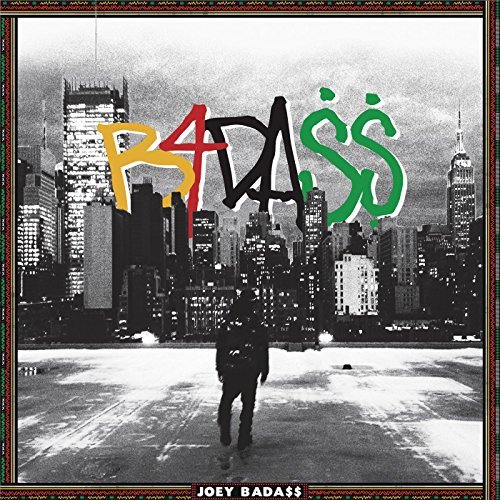
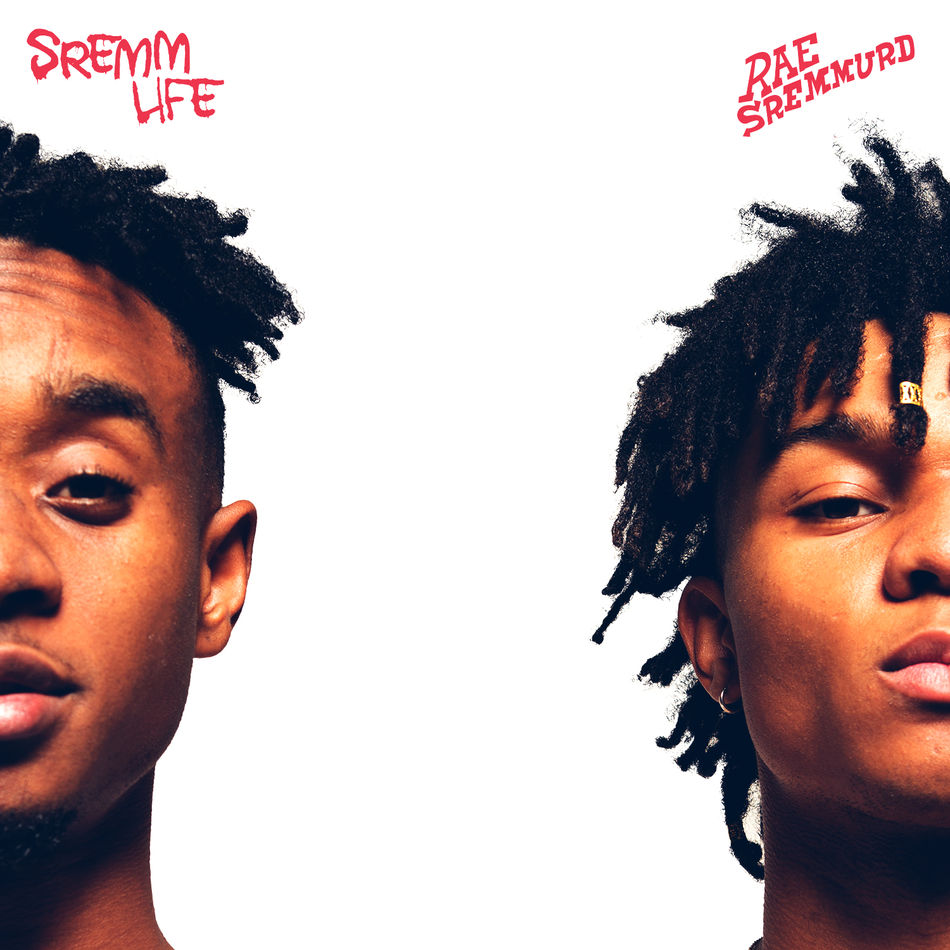
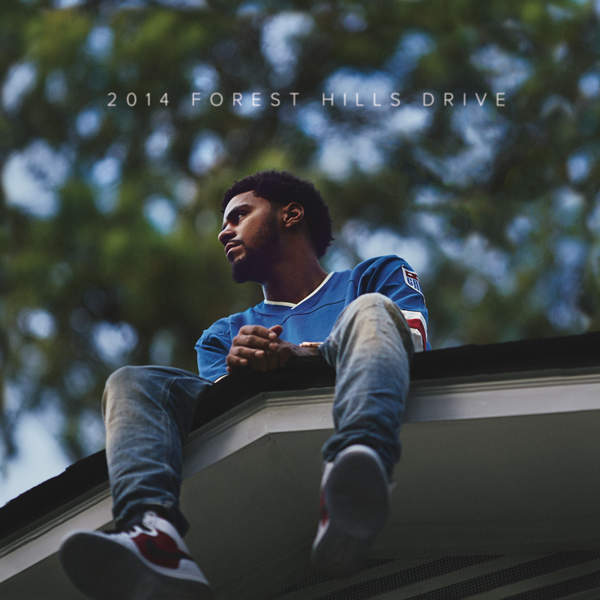




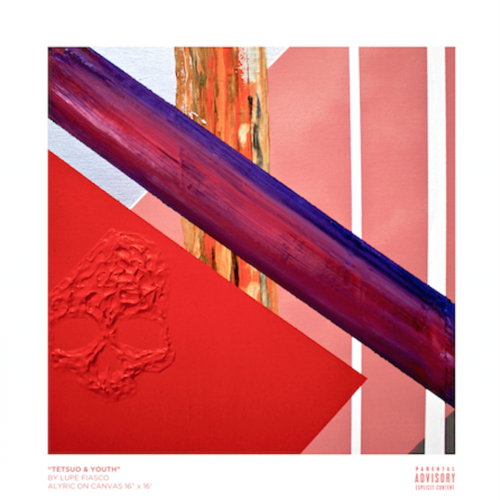

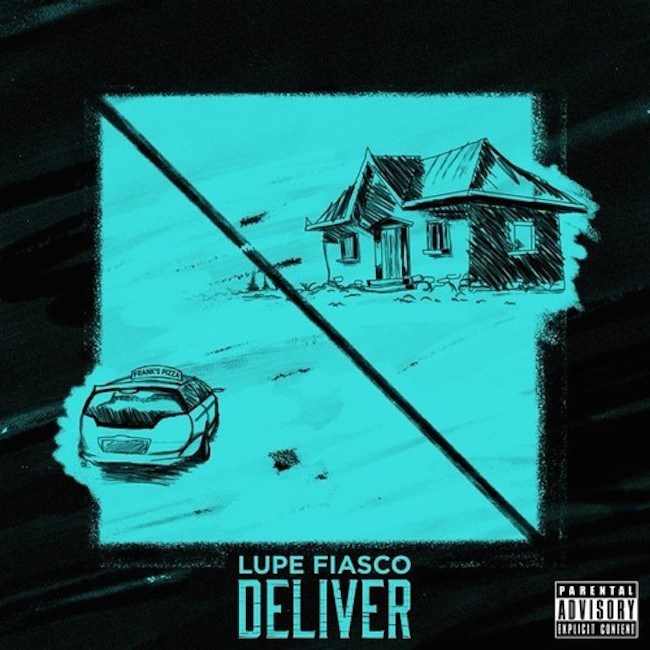

 Mixtape D.L.
Mixtape D.L.
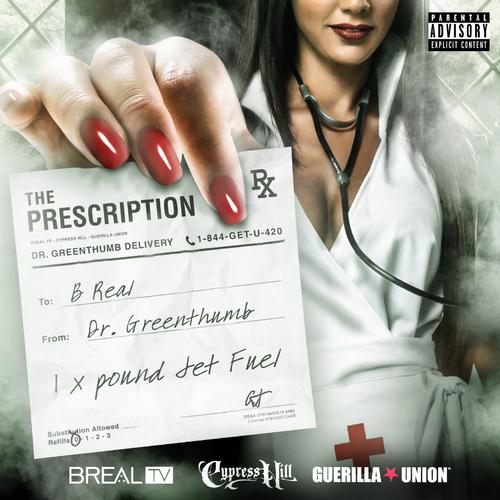

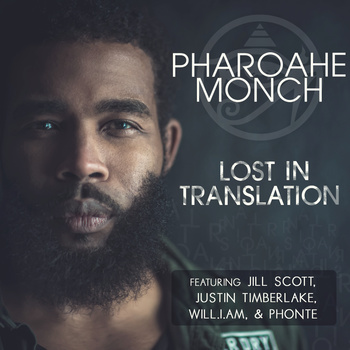

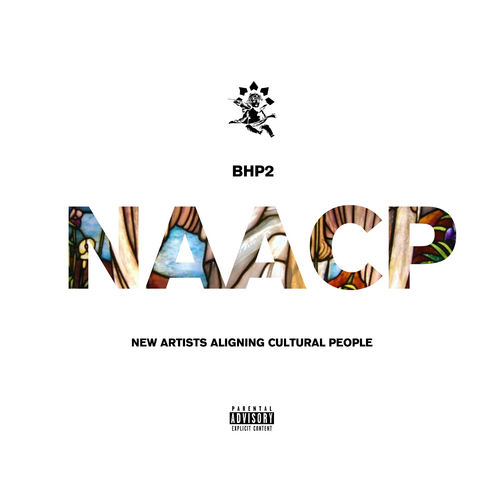
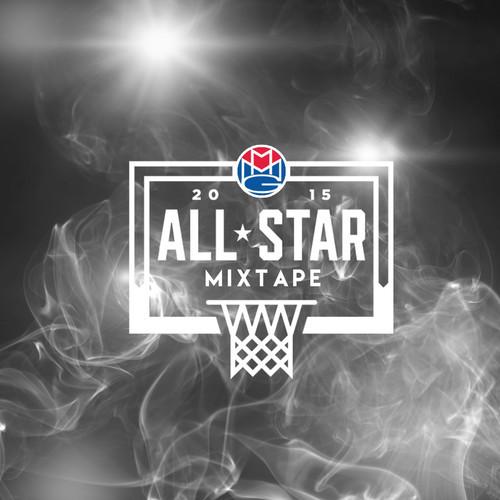
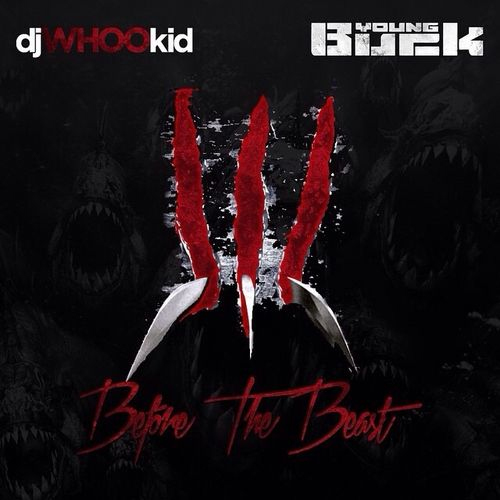
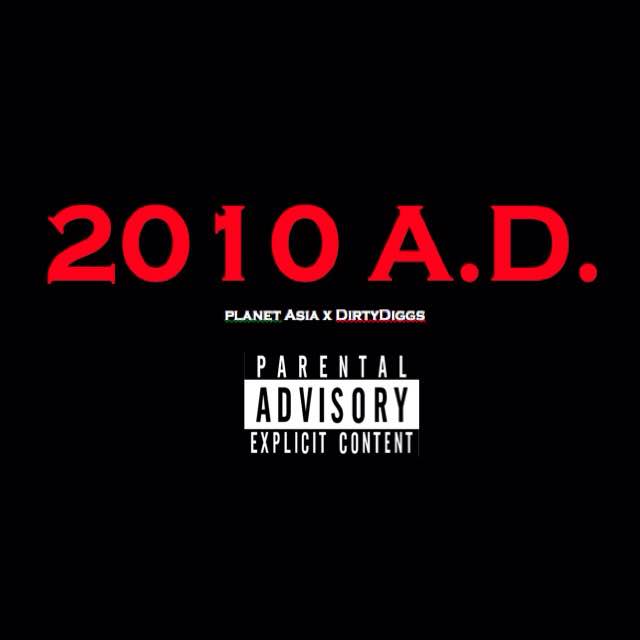
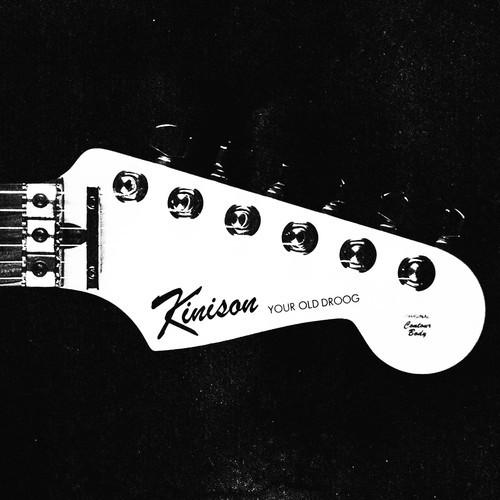
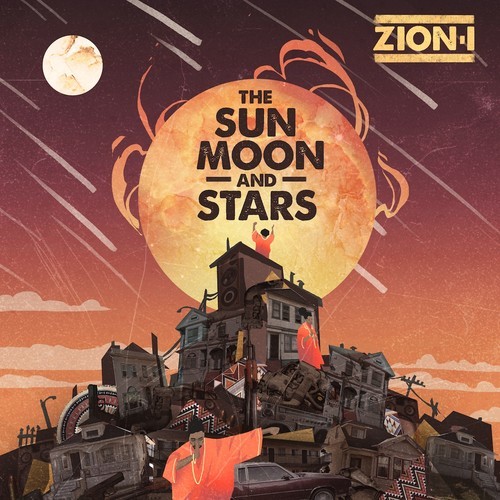

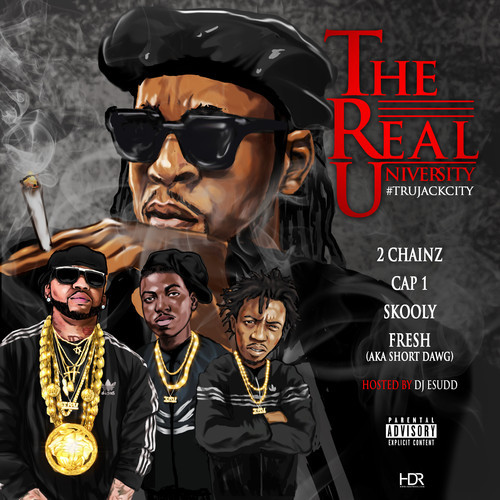
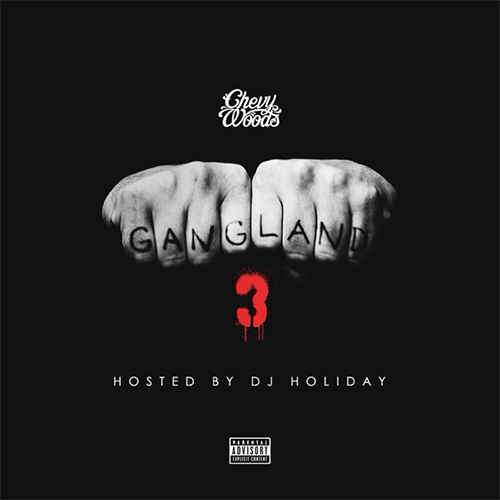
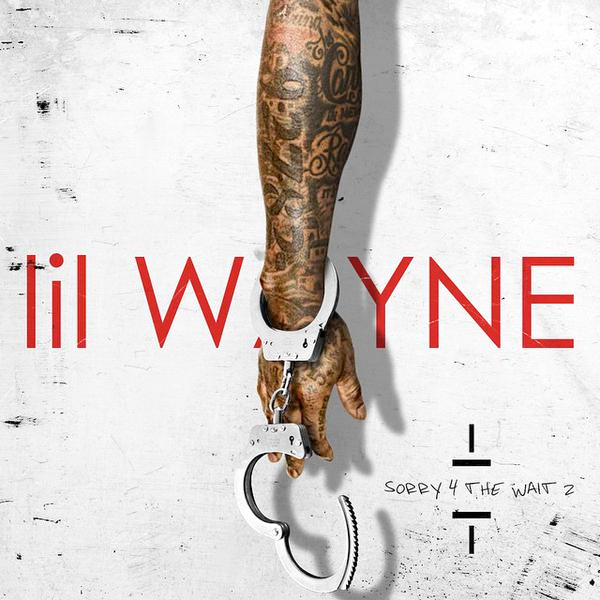
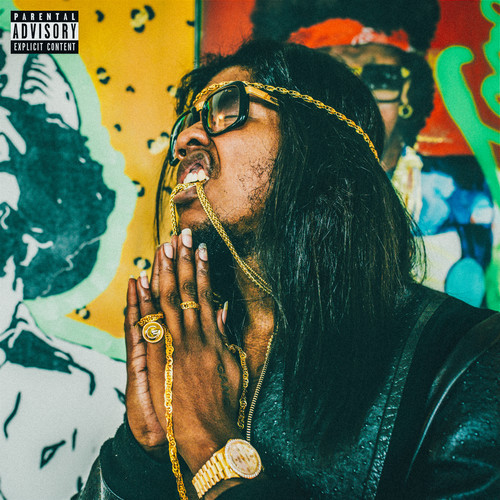





26 September, 2006@12:00 am
0 comments